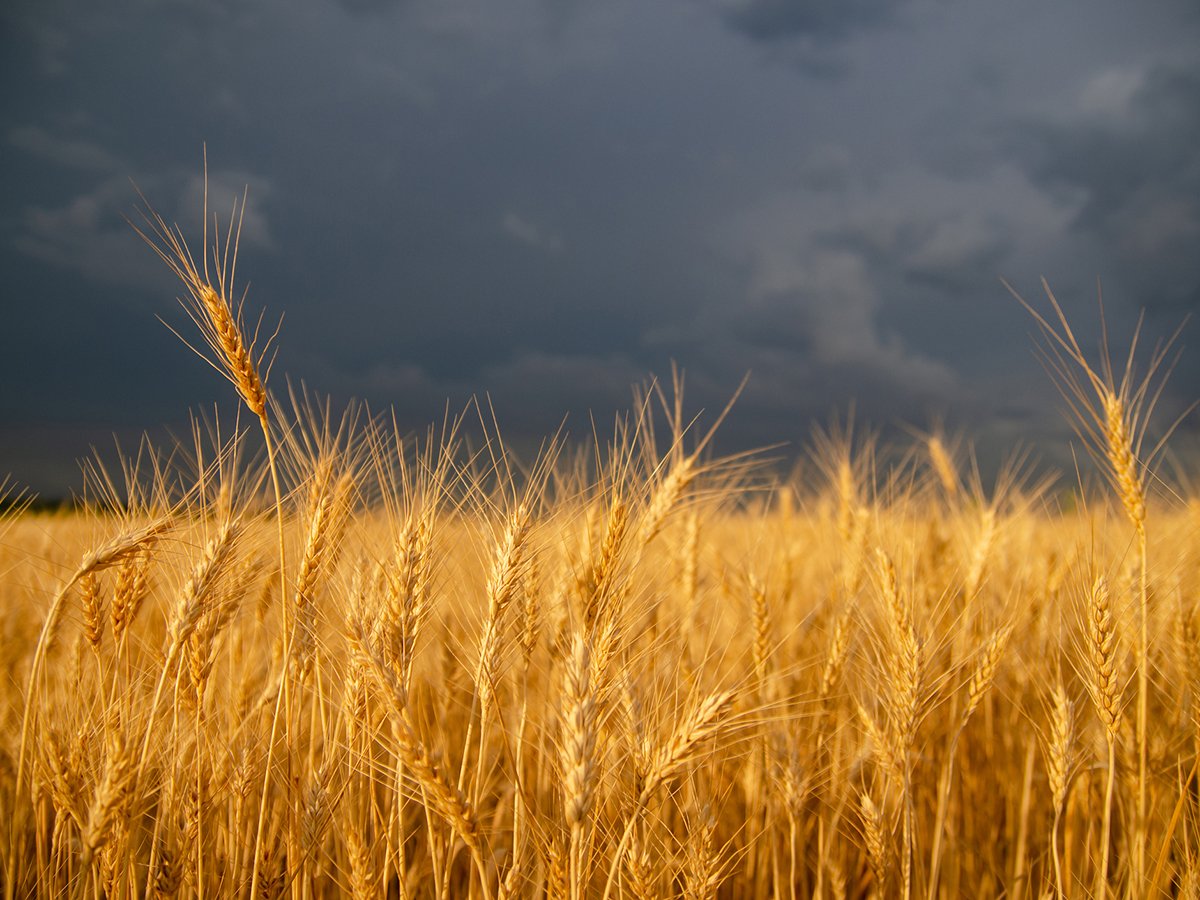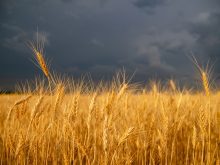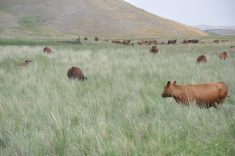Western Producer staff
Where is the passion? The federal government is on the verge of making the most dramatic change to the Crow subsidy in its 97-year history.
Tens of thousands of Prairie farmers are supposed to be uneasy about this, many opposing the switch in the method of payment. Yet travels across the Prairies during the past three weeks unearthed almost no passion in the debate, a stark contrast to the demonstrations and angry denunciations that accompanied every other previous debate on this issue.
Read Also

Late season rainfall creates concern about Prairie crop quality
Praying for rain is being replaced with the hope that rain can stop for harvest. Rainfall in July and early August has been much greater than normal.
The closest thing to political passion came on a December Saturday afternoon in Saskatoon when Saskatchewan premier Roy Romanow issued a call-to-arms to his NDP followers.
“The government is committed to the Crow. Full stop. Period,” thundered Romanow, who first practiced this speech during his wars with Ottawa in the 1970s and early 1980s.
“We are going to fight for it.”
He even resurrected an old Allen Blakeney phrase – the Crow is part of the “Confederation bargain” for the West.
The mainly older crowd applauded, perhaps remembering the good old days of Ottawa-bashing and farmer-stroking and forgetting the thrashing they took in 1982 when the NDP tried to get re-elected defending the Crow.
But their enthusiasm was limited. One old-timer tried to start a standing ovation but found himself standing out like a thistle in a field of oats. He quickly resumed his seat.
Still, there was at least a little passion at the Centennial Auditorium.
That’s more than can be said for the “debate” at recent Saskatchewan and Alberta Pool meetings. There, members said they wanted their organizations to fight to retain the value of the benefit in Western Canada. There were no denunciations of the Liberals for doing what Charlie Mayer and the Conservatives planned to do in the face of resistance, no grand gestures of defiance.
Afterwards, Saskatchewan Pool vice-president Ray Howe said farmers are willing to lose a bit of the benefit, as has been happening, but would revolt if they thought the entire benefit could be lost. “I think the same old fire would come back quickly if they thought they would lose it all.”
For Saskatchewan deputy agriculture minister Hartley Furtan, the passion is gone because history has moved on: “I think the Crow is a non-issue. Marketing is an issue but not the Crow.”
How could the mood change so much in just a decade? Stuart Thiesson of the National Farmers Union, a veteran Crow warrior, has a theory. “I think people feel defeated on the thing. Government has ignored farmers on this issue.”
Defenders of Crow change see it differently. Trade deals and the need for value-added make irrelevant a debate over a subsidy that encourages export of unprocessed grain, they say.
Whatever the reason, Charlie Mayer must sit on his Manitoba farm, watch agriculture minister Ralph Goodale get an almost free ride on the issue, and marvel at the ways of the political world and the importance of timing.
















